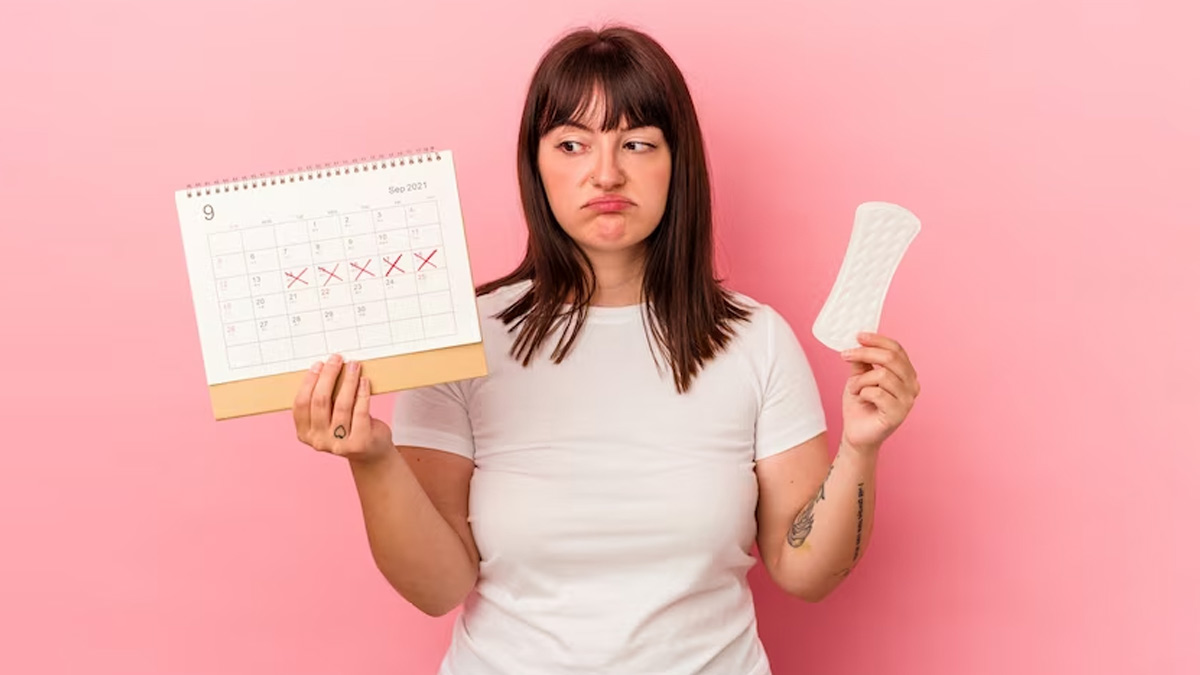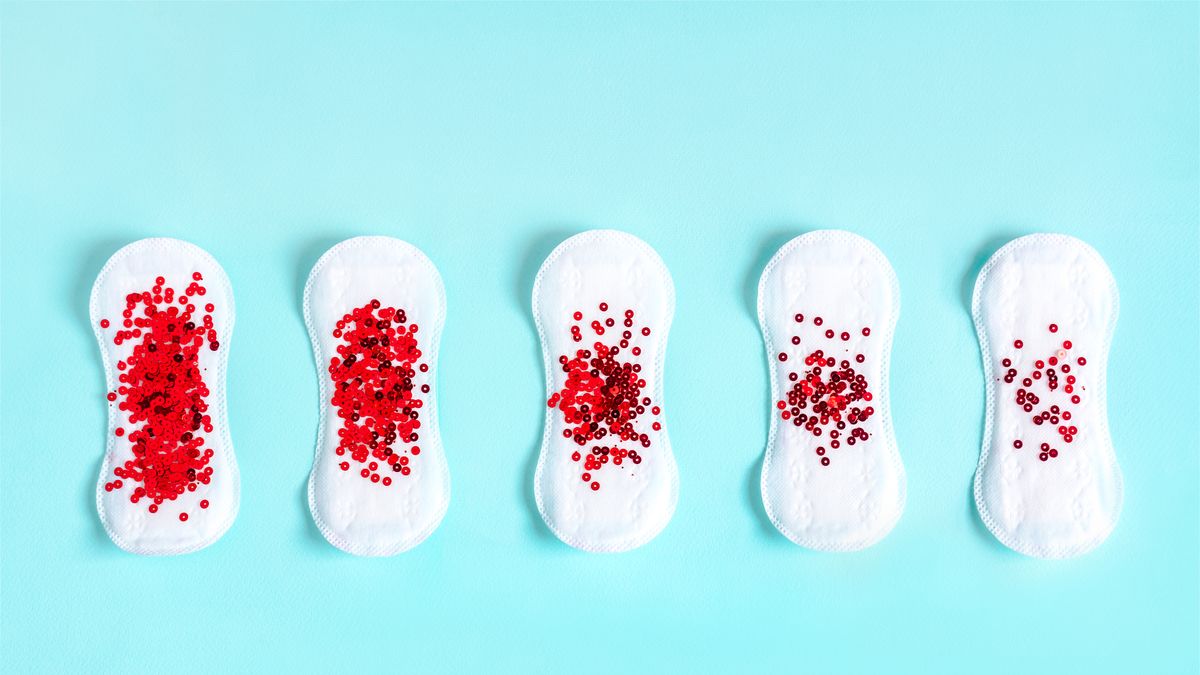Have you ever found yourself anxiously waiting for your period, only to realize that it’s late? Don’t worry, it’s a common concern that many women experience. Menstrual cycles can often be a source of confusion and concern, especially when they don’t arrive on time. In this post, we’ll dig into the topic of how late periods can be and what factors can contribute to this delay.
Contents
How Late Can Periods Be?

When it comes to how late a period can be, there is no definite cut-off for the maximum length of time. Periods can have quite a bit of variability from woman to woman and even cycle to cycle. However, there are some general guidelines:
- For women with regular cycles, a period is considered late if it has not started within 7 days after the expected date. So for a woman with an average 28-day cycle, a late period would be one that has not started by cycle day 35.
- It’s not unusual for periods to occasionally arrive a week or even two weeks late now and then. So one or two-week delay may not necessarily signal an underlying problem.
- However, if periods consistently come very late, especially coupled with unusual symptoms like spotting or abnormal bleeding, it warrants medical investigation to rule out issues like hormonal imbalances or health conditions.
- From a medical standpoint, some doctors define an extremely delayed period as one that is more than 90 days late from the expected date. If periods don’t arrive for three months or longer, it is abnormal even allowing for variability. This would prompt evaluation to find out why menstruation is absent.
While periods can certainly run late from time to time even in healthy women, delays beyond one to two weeks become abnormal and delays extending beyond three consecutive missed cycles are considered very unusual and merit medical assessment. The length of time is not unlimited. Consistently and excessively late or absent periods signify problems requiring evaluation.
Common Causes of Late Periods
Late periods can be a cause for concern, especially when you know you’re not pregnant. While pregnancy is one reason your period might be late, there are also other factors to consider. They are:
- Lifestyle Factors: Your menstrual cycle can be influenced by various lifestyle factors, such as stress, sudden weight loss or gain, excessive exercise, and changes in sleep patterns. These factors can disrupt your hormonal balance, leading to a delay in your period.
- Medical Conditions: Hormonal imbalances and certain medical conditions can also contribute to late or missed periods. Polycystic Ovary Syndrome (PCOS) is a common condition that affects hormone levels and can cause irregular periods. Other conditions like thyroid disorders and uterine abnormalities can also disrupt your menstrual cycle.
- Menopause: As you reach your late 40s or early 50s, you may experience menopause, which marks the end of your reproductive years. Irregular periods and eventually the absence of periods are common symptoms of menopause.
- Birth Control: Certain methods of birth control, such as hormonal contraceptives, can cause changes in your menstrual cycle. It’s not uncommon to experience lighter or irregular periods while using birth control.
- Breastfeeding: If you’re currently breastfeeding, your menstrual cycle may be affected. The hormone prolactin, which is responsible for milk production, can inhibit ovulation and cause delayed periods.
What Should You Do If Your Period Is Late?

Here’s what you can do if your period is late:
- Take a Pregnancy Test: If there’s a chance you might be pregnant, taking a home pregnancy test is the first step to rule out pregnancy as the cause of your late period.
- Consider Lifestyle Factors: Lifestyle factors such as stress, sudden weight loss or gain, excessive exercise, and changes in sleep patterns can all contribute to late or missed periods. Take a moment to evaluate if any of these factors might be affecting your menstrual cycle.
- Assess Medical Conditions: Certain medical conditions like Polycystic Ovary Syndrome (PCOS), thyroid disorders, and uterine abnormalities can also cause late or missed periods. If you have a history of any of these conditions, consult with your healthcare provider for further evaluation.
- Check Birth Control Method: If you’re using hormonal birth control, it’s possible for it to affect your menstrual cycle. Consult with your healthcare provider to see if your birth control method could be responsible for your late period.
- Consider Breastfeeding: For women who are breastfeeding, the hormones involved in milk production can sometimes inhibit ovulation and delay periods. If you’re breastfeeding and experiencing a late period, it might be related to lactation.
Frequently Asked Questions
How late can a period be without being pregnant?
If you don’t have any known condition affecting your menstrual cycle, your period should start within 24 to 38 days of your last period, depending on your usual cycle. If you’re 7 days past your expected due date, it is considered late. After 6 weeks, you can consider your late period a missed period.
How much delay is normal in period?
It’s possible that your period is late if it has been more than 38 days since your last period or if your cycle is very consistent and your period is more than three days late.
Why is my period not coming but not pregnant?
Missed or late periods can result from hormonal imbalances, hormonal birth control, stress, weight loss, trauma, and certain health conditions besides pregnancy.
I am a medical student with experience and interest in Women’s health and well-being.